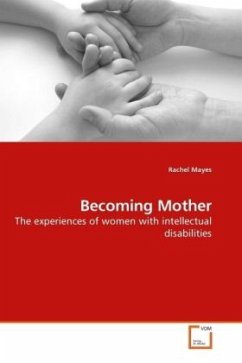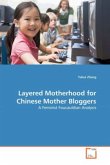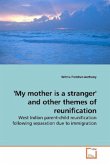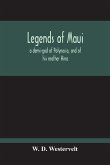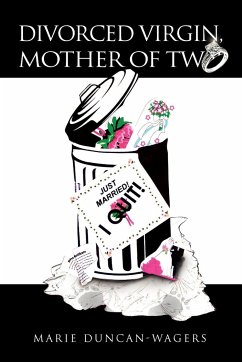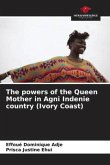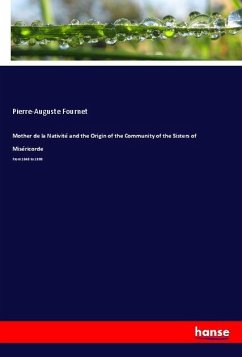The terms 'mother' and 'intellectual disability' do not come together easily. Many women with intellectual disabilities mother their children under intense scrutiny and with significant opposition. Questions such as whether women with intellectual disabilities should be 'permitted' to have children, whether or not they can adequately care for their children or whether they can be taught mothering skills have occupied scholars, policy makers and practitioners for over six decades. Issues of gender and identity as they influence mothering by these women are rarely considered. Prior to Dr Mayes' study the meaning of motherhood and how women with intellectual disabilities assume this important identity were unexplored. This book examines becoming a mother for women with intellectual disabilities as it was experienced by 17 women during their pregnancies. These women compellingly describe their developing relationships with their unborn children and their negotiation of their role as the most important person in their child s life.
Bitte wählen Sie Ihr Anliegen aus.
Rechnungen
Retourenschein anfordern
Bestellstatus
Storno

